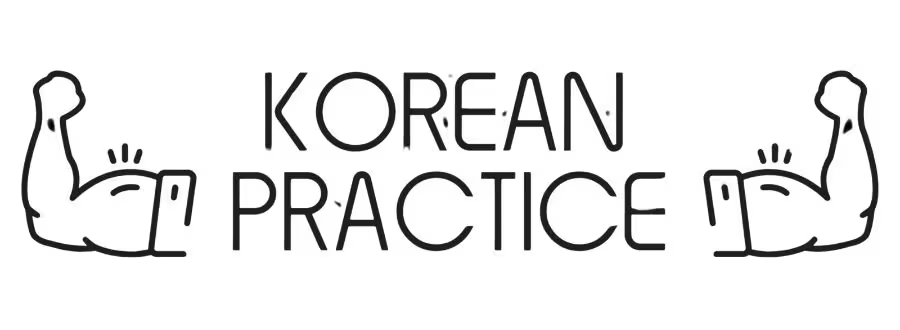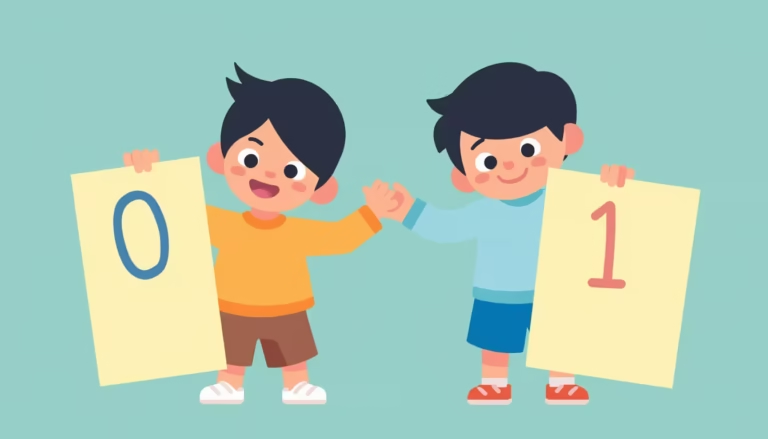Table of Contents
나이를 먹다 Meaning in English
If you’re learning Korean, you’ve probably come across the phrase 나이를 먹다.
나이를 먹다 meaning in English is a very common expression, but its literal meaning can be a bit confusing at first. Let’s break it down and understand what it really means in English.
Literal Meaning of 나이를 먹다
In Korean, 나이 (nai) means “age,” and 먹다 (meokda) means “to eat.” So if you translate 나이를 먹다 word by word, 나이를 먹다 meaning in English sounds like “to eat age.” Of course, that doesn’t make much sense in English!
Real Meaning of 나이를 먹다

나이를 먹다 Example 1
Original Korean Sentence
친구: 요즘 너무 피곤해.
나: 우리도 나이를 먹었나 봐.
Pronunciation Guide
친구 (chin-gu): 요즘 (yo-jeum) 너무 (neo-mu) 피고네 (pi-go-ne).
나 (na) 우리도 (u-ri-do) 나이를 (na-i-reul) 머건나 (meo-geon-na) 봐 (bwa).
Meaning and Context
친구 (friend): 요즘 (these days) 너무 (too) 피곤해 (tired; I’m telling you casually).
나 (me): 우리 (we) 도 (also) 나이 (age) 를 (my object particle is age) 먹다 (to eat; “to get older”) 었 (past tense) 나 봐 (I guess; in a casual way)
Grammar
나 봐: Used when making a guess based on observation.
Culture
In Korean conversations, aging is often talked about lightheartedly, especially when discussing tiredness or physical changes.
English Translation
Friend: I’m so tired these days.
Me: I guess we’re getting older too.
Literal Translation
Friend: These days very tired.
Me: We also eat age, I guess.

Want to learn Korean in a simple and structured way, just like this? My courses break down grammar step by step, making Korean easy to understand. Plus, you can try free sample lessons. Ready to start?
나이를 먹다 Example 2
Original Korean Sentence
나이를 한 살 더 먹었습니다.
Pronunciation Guide
나이를 (na-i-reul) 한 (han) 살 (sal) 더 (deo) 머것슴니다 (meo-geot-seum-ni-da).
Meaning and Context
나이 (age) 를 (my object particle is age) 한 (one) 살 (year of age) 더 (more) 먹다 (to eat; “to get older”) 었 (past tense) 습니다 (I’m telling you in a formal way)
Grammar
더: Means “more” and emphasizes an additional amount.
Culture
In Korea, adding one year to your age is often associated with celebrations like birthdays and the Lunar New Year.
English Translation
I’ve gotten one year older.
Literal Translation
I ate one more year of age.
나이를 먹다 Example 3
Original Korean Sentence
나이를 먹으니까 건강이 중요해졌어요.
Pronunciation Guide
나이를 (na-i-reul) 머그니까 (meo-geu-ni-gga) 건강이 (geon-gang-i) 중요해졋써요 (jung-yo-hae-jyeot-sseo-yo).
Meaning and Context
나이 (age) 를 (my object particle is age) 먹다 (to eat; idiomatically “to get older”) 으니까 (because) 건강 (health) 이 (my subject particle is health) 중요해지다 (to become important) 었 (past tense) 어요 (I’m telling you polite and friendly)
Pronunciation Patterns for Conjugations
⊳ 지 + 었 = 졌. Rapidly pronouncing ‘지’ and ‘었’ results in ‘졌’.
Grammar
니까: Expresses reason or cause (“because”)
Culture
In Korean, people often talk about health and well-being more as they age, emphasizing the importance of maintaining a balanced lifestyle.
English Translation
As I’m getting older, health has become more important.
Literal Translation
Because (I) eat age, health became important.
Conclusion: Mastering 나이를 먹다 meaning in English
나이를 먹다 meaning in English is a useful and frequently used phrase that you’ll hear often in Korean conversations. It’s a great example of how Korean expressions can be different from their literal translations, but once you understand them, they become easy and fun to use. Try using this phrase in your own sentences and see how natural it sounds!
Sign up for my newsletter and get
📖 Korean short stories
🎧 Listening practice with audio
❓ Vocabulary and grammar quizzes
🎁 Free courses
📝 Blog updates
– all delivered straight to your inbox!










